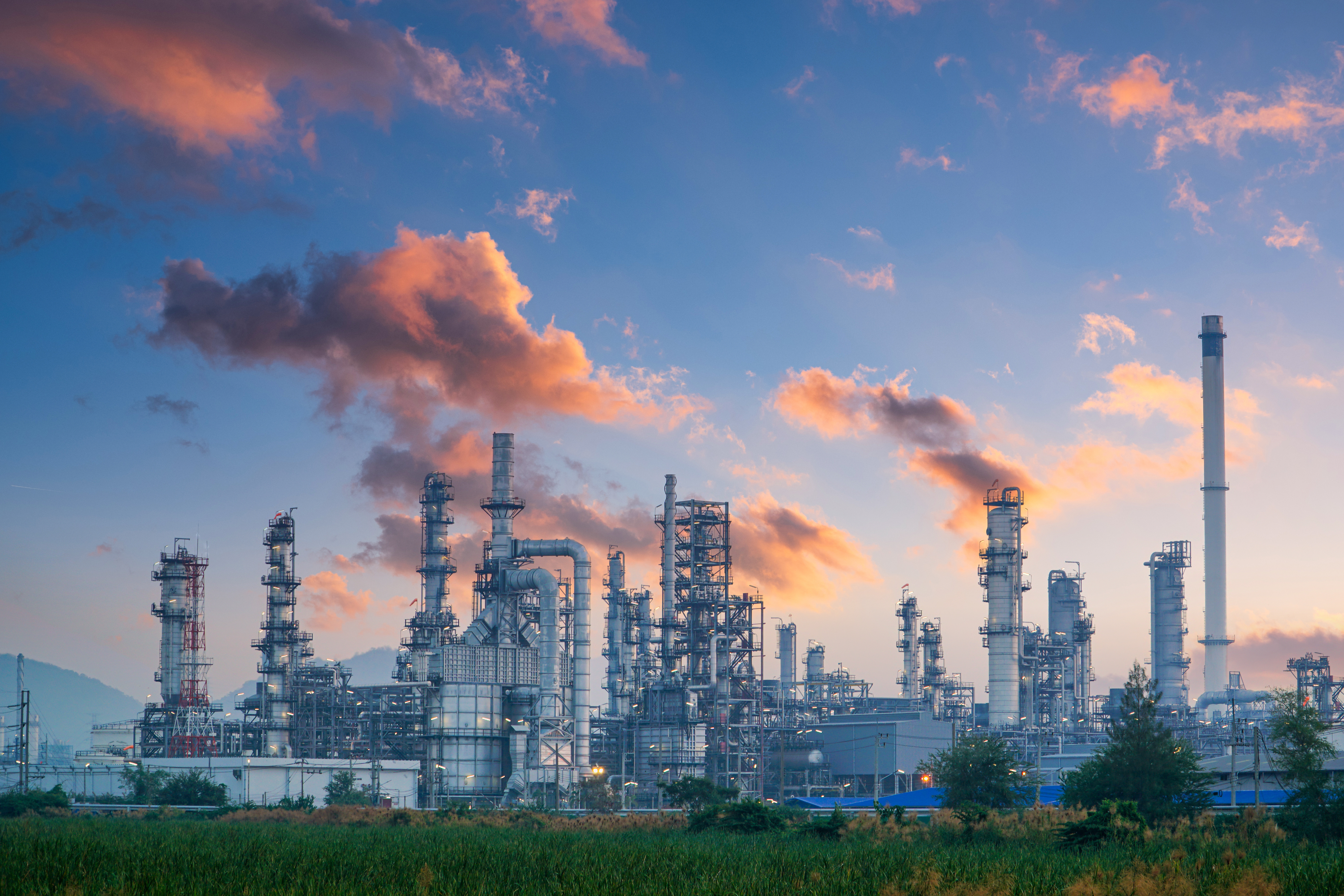Caustic soda is the chemical compound of sodium hydroxide (NaOH). It might not be a household name, but it’s an industrial chemical found in countless products we use, from the soap that cleans our hands to the textiles that clothe us, and used in the production of aluminum in our beverage cans. It's also essential for producing pulp and paper, PVC, rayon, and various petroleum derivatives. However, the power of caustic soda comes with a hidden challenge: its highly corrosive nature. This is why the alkali industry relies heavily on material technology to develop materials that can withstand the corrosive effects during the production of caustic soda.
By Rohit Ojha, Technical Marketing Specialist, Alleima
Factors to consider when choosing materials
Caustic soda poses significant health risks to the human body and is highly corrosive to materials, presenting a major challenge for plant operations. Selecting the right materials for process equipment is crucial to enable equipment longevity, minimize maintenance costs, and ensure safety during the production process.
We should consider several critical factors when recommending materials for caustic soda production:
- Corrosion mechanism: Different types of corrosion can occur depending on the process stage. Common concerns include general corrosion, erosion-corrosion, and stress corrosion cracking (SCC).
- Temperature: Higher temperatures often accelerate corrosion rates.
- Caustic soda concentration: The strength of the caustic soda solution directly impacts its corrosivity.
- Contaminants: Impurities like chlorides can significantly increase corrosion rates.
- Residual stresses: Manufacturing processes can introduce stresses into materials, making them more susceptible to corrosion.
We should also consider the two primary corrosion challenges the alkali industry faces:
- Handling high-temperature caustic soda solutions that contain contaminants: In the diaphragm cell process, the caustic soda solution often contains chloride impurities. These impurities, combined with high temperatures encountered during evaporation, create a perfect storm for corrosion concerns like erosion and SCC. Carbon steels, commonly used in various industries, are particularly vulnerable in this environment. This rapid degradation necessitates the use of more robust materials.
- Handling chlorine: Chlorine gas, a byproduct of the electrolysis process, also presents a unique challenge. While dry chlorine is less corrosive at ambient temperatures, wet chlorine can cause significant damage. Therefore, careful material selection is crucial for handling both dry and wet chlorine.

Our solutions
At Alleima, we offer a comprehensive range of corrosion-resistant alloys specifically designed to withstand the harsh environment of caustic soda production. Here are some of our standout solutions:
- SAF™ 2906 duplex stainless steel: This innovative material boasts a high chromium content, making it highly resistant to pure caustic soda environments. Extensive testing has demonstrated its effectiveness in various stages of the production process, from piping systems to evaporator tubes. Its superior performance translates to longer equipment life and lower maintenance costs.
- Sanicro® alloys: For applications involving wet chlorine, Alleima’s range of advanced alloys like Sanicro® 276 possess exceptional resistance to the corrosive effects of wet chlorine, ensuring safe and reliable operation. Sanicro® 35 also offers a cost-effective alternative under specific conditions.
With over 160 years of experience in materials technology, Alleima is your trusted partner in navigating the complexities of caustic soda production. We've explored the importance of understanding corrosion mechanisms, temperature variations, challenges posed by contaminants and chlorine, and the benefits of selecting the right materials. We are a leading manufacturer of high-value-added products in advanced stainless steel, special alloys, and industrial heating. Our offerings and in-depth expertise in materials technology, metallurgy, and industrial processes enable customers to become more efficient, profitable, sustainable, and safer.
Our comprehensive portfolio of alloys is tailored for application in industries including Alkali. Contact us to get more information such as test results and detailed background on our solutions.
